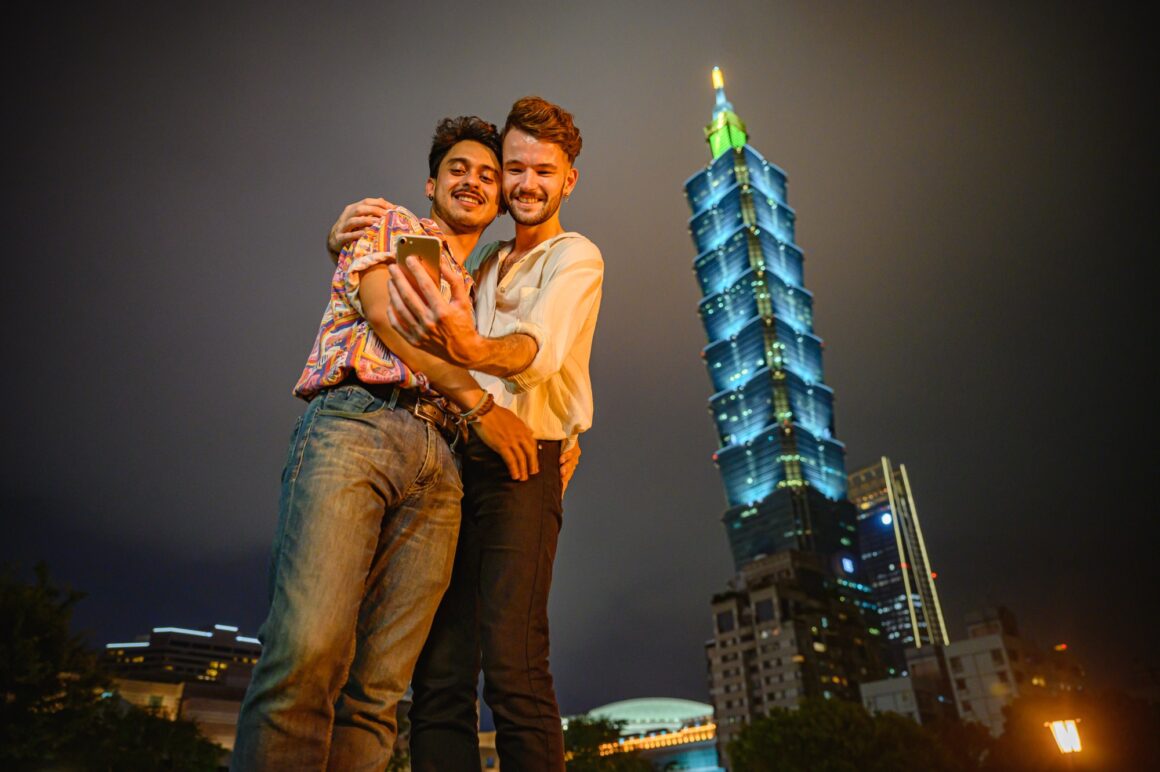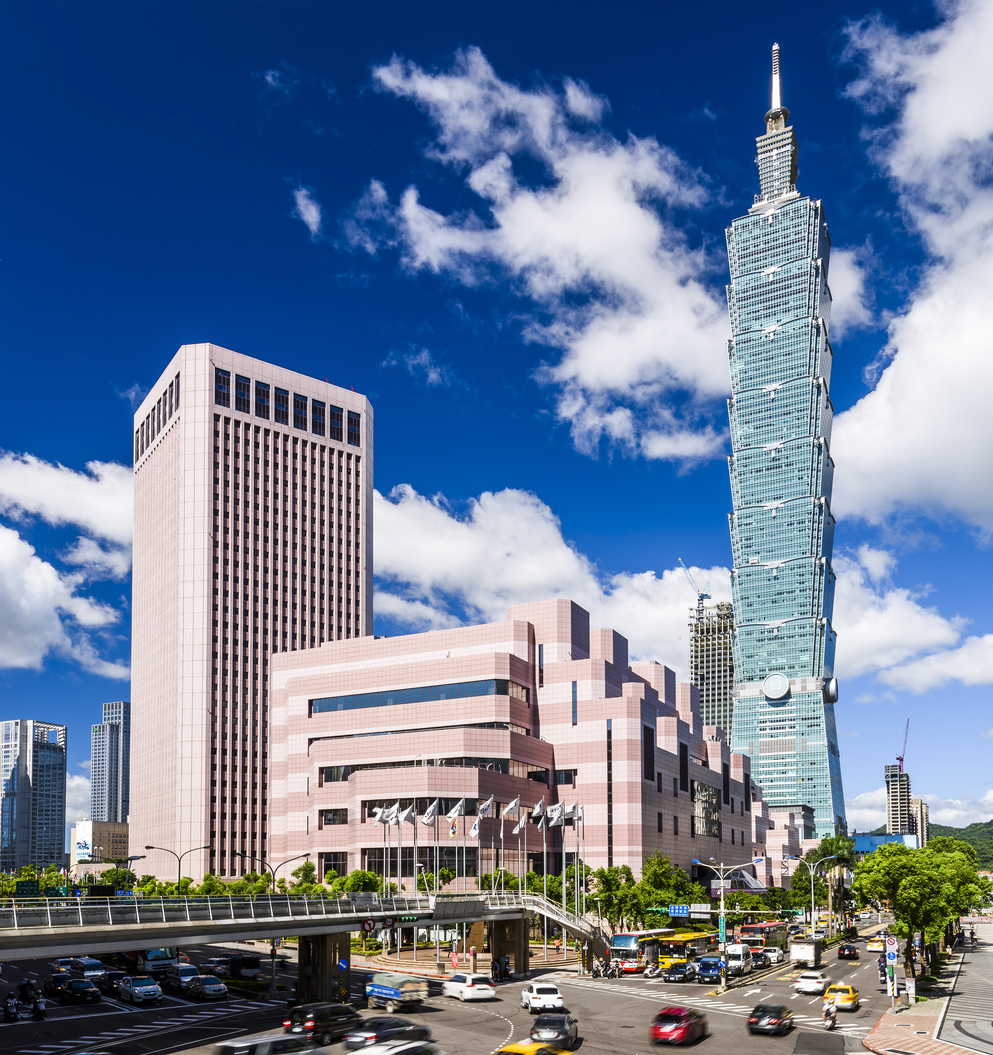Author: Levarcy Chen
Photo: Café Dalida, MyTaiwanTour, Miguel Vidal, Shu Hao Chang, Kokuyo, Demian&Jules, Reuters
Editor: Julien Huang
If you asked any queer traveler where in Asia they’d go for an LGBTQ-friendly vacation, you might expect the usual answers: Bangkok, Tokyo, or perhaps Tel Aviv. For years, limited acceptance across the region meant there were few places where LGBTQ travelers could celebrate openly. China bans pride parades, Singapore restricts them, and in South Korea, they often face loud counter-protests.
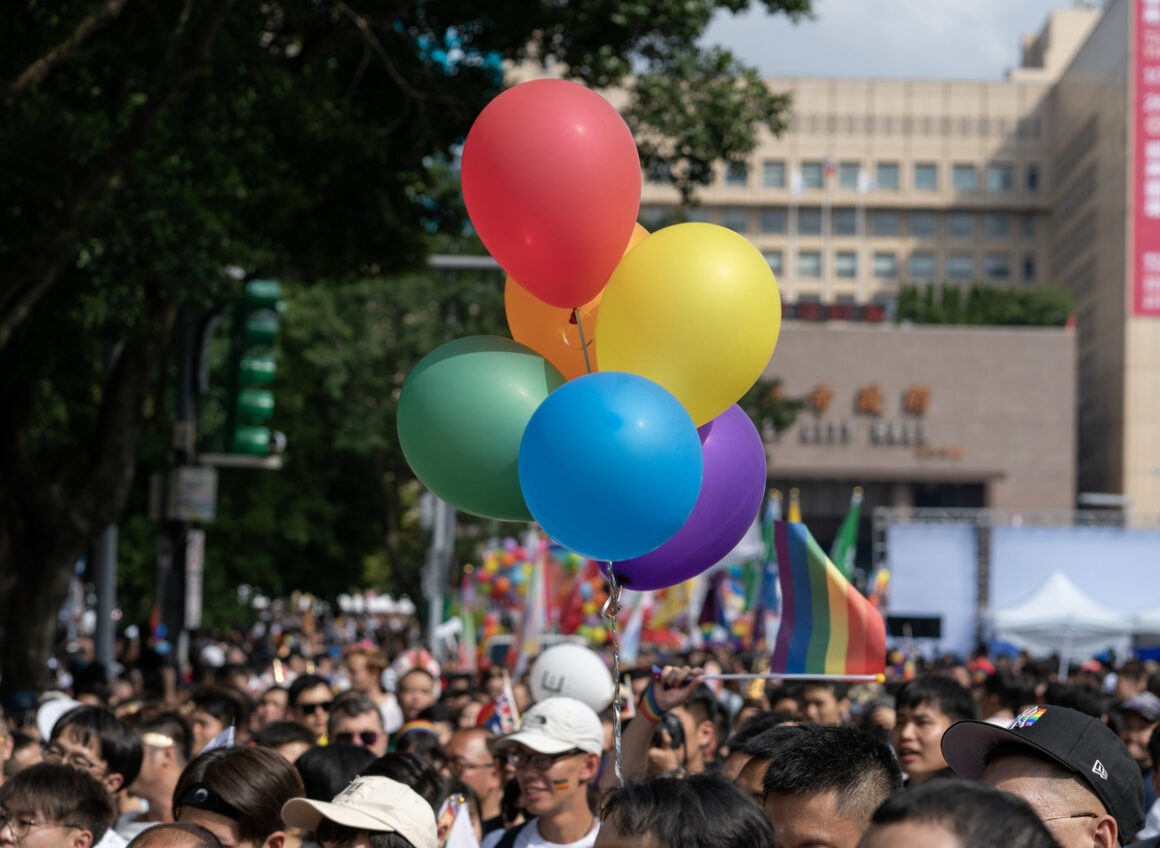
But Asia’s story is changing—and at the center of that change stands Taiwan. Once a conservative society where open discussion of gender and sexuality was taboo, Taiwan has transformed into a regional beacon of freedom and inclusion. It is now Asia’s most progressive destination for LGBTQ travelers, proudly home to the continent’s largest Pride Parade and the first country in the region to legalize same-sex marriage.
Beyond the laws, Taiwan’s strength lies in its cultural openness. Pride here isn’t only a political statement—it’s a festival of creativity, community, and joy. Every October, Taipei fills with rainbow flags, music, and art. Streets once known for commerce turn into stages of self-expression, where locals and visitors march together not just to demand equality, but to celebrate it.
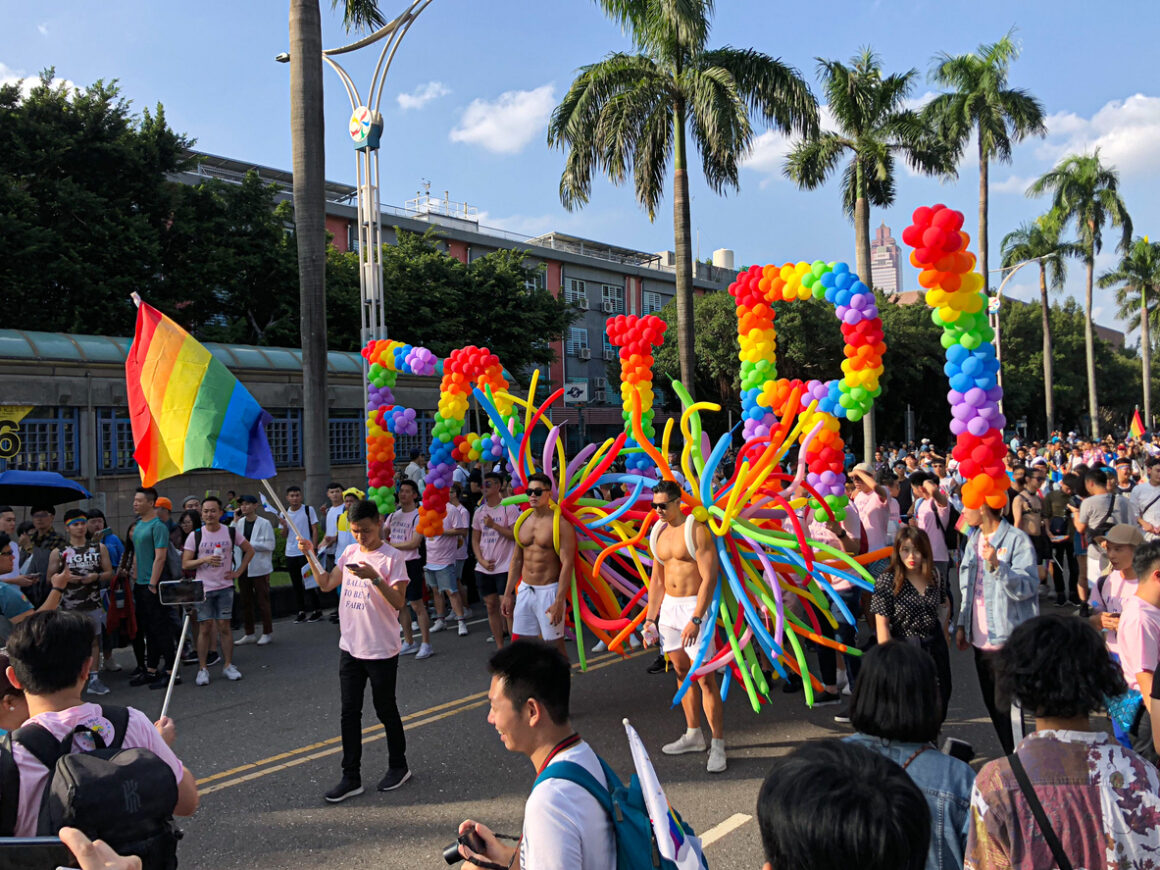
And while Pride weekend remains the centerpiece of Taiwan’s queer calendar, the island’s commitment to inclusivity extends far beyond one parade. From indie film screenings to drag performances, workshops, and exhibitions, Taiwan has built an ecosystem where LGBTQ culture thrives in the open. This dynamic spirit makes it not only a safe haven for queer travelers, but also one of the most inspiring destinations in Asia for anyone who values authenticity, creativity, and connection.
Why Taiwan Pride is so big in Asia
1. Openness to cultural diversity
Taiwan Pride has become one of Asia’s most celebrated LGBTQ events—and a powerful symbol of how social progress and cultural acceptance can coexist. Over the past few years, it has drawn hundreds of thousands of participants, surpassing any other pride event in East Asia and second only to Tel Aviv on the continental scale.
The energy is infectious: families, students, activists, and visitors from around the world walk side by side under a sea of rainbow flags. But Taiwan’s story wasn’t always this bright. Only a few decades ago, the island’s political climate was conservative and heavily policed. Public discussion of sexuality was nearly impossible.
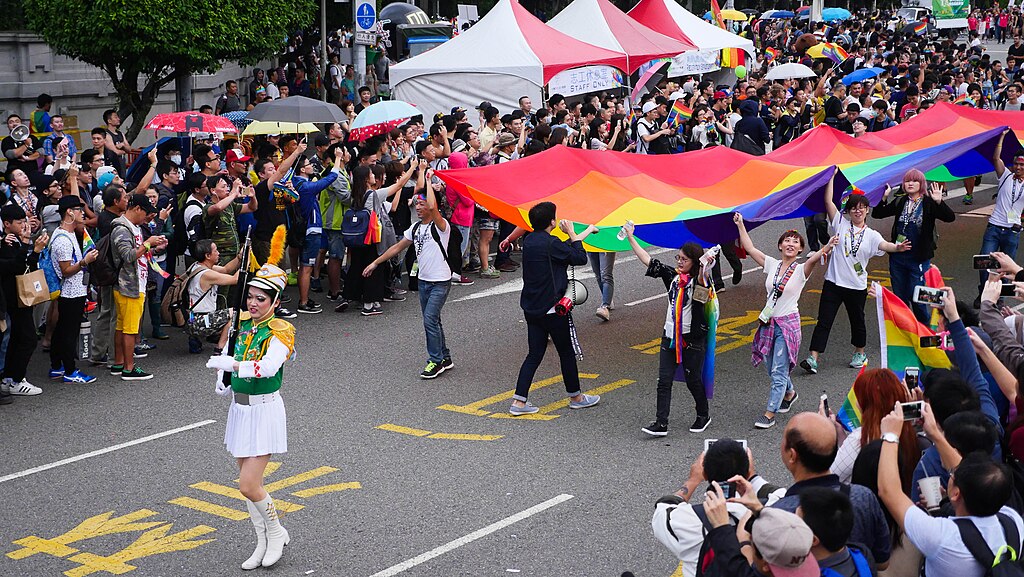
Fast forward to today, and the transformation feels almost cinematic. Those who once faced punishment for their identity are now honored as pioneers on the same streets where they once stood in silence. Taiwan’s evolution from repression to representation has made it a model for its more conservative neighbors—and a living testament that acceptance is possible through empathy, activism, and persistence.
2. Taiwan legalized same-sex marriage in a historic first for Asia
In 2019, Taiwan became the first country in Asia to legalize same-sex marriage, setting a precedent that continues to ripple across the region. The law not only recognized love between same-sex couples—it also symbolized a broader victory for human rights and equality.
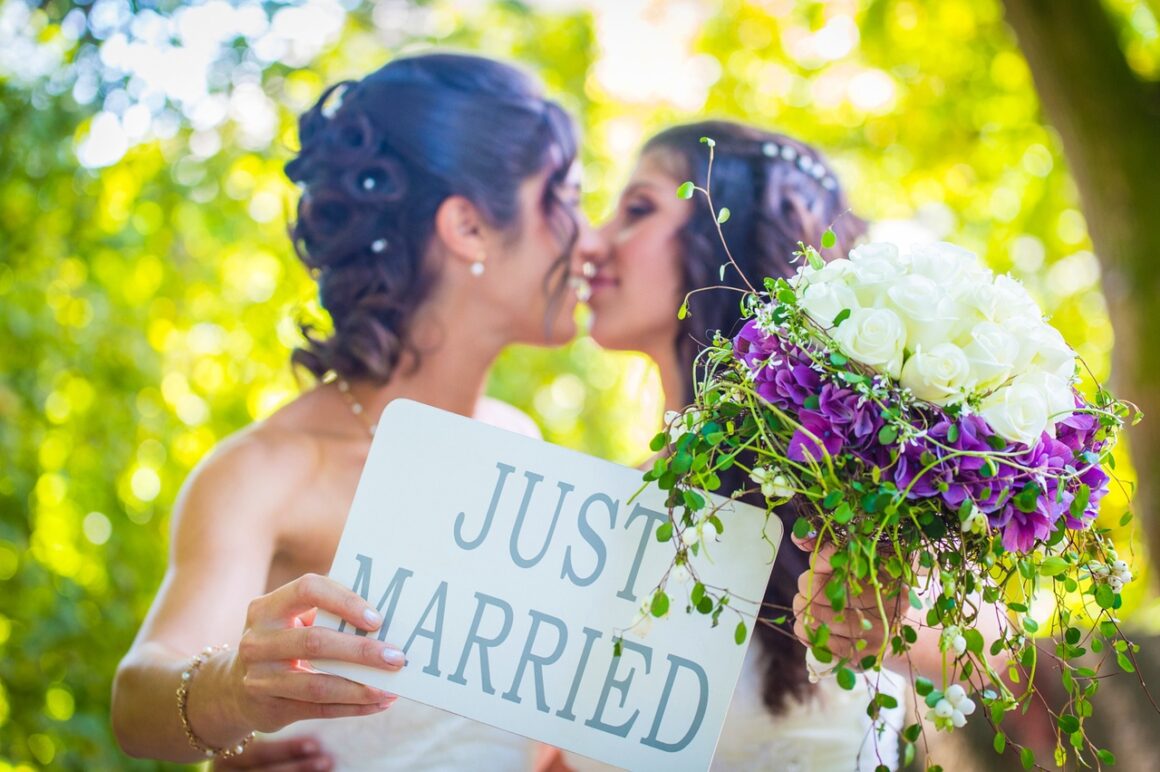
For locals and visitors alike, this milestone turned Taiwan into a beacon of hope. It signaled to the world that LGBTQ equality in Asia isn’t a distant dream but a living, thriving reality. Each year since, Taiwan Pride has grown not just in size but in meaning. What began as a march for recognition has evolved into a nationwide celebration of love and individuality, where everyone—queer or ally—is welcome to take part.
Why you should participate in Taiwan Pride
1. To support and celebrate the local LGBTQ community
Every year, Taiwan Pride adopts a theme that reflects the nation’s evolving understanding of equality. The 2025 message, “Beyond Links: More Than Clicks,” (超・連結——跨越標籤,理解差異) calls on society to move past surface-level online interactions and symbolic gestures. It’s a reminder that real progress requires empathy, not algorithms—that we must go beyond hashtags and screens to build genuine, human connections that transcend labels, stereotypes, and bias.
The energy of the parade is collective and contagious. You’ll see couples holding hands openly, families bringing children to learn about love in all its forms, and allies marching proudly alongside rainbow-draped floats. Taiwan Pride thrives because it belongs to everyone—it’s a shared statement that inclusion can be joyful, not just political.
2. To march in Taiwan’s biggest-ever pride parade
The Taipei Pride Parade has grown into Asia’s largest and most anticipated LGBTQ event, drawing visitors from around the world. This year, the parade both started and ended at Taipei City Hall Plaza, near the iconic Taipei 101—a symbolic location at the heart of modern Taipei.
The circular route wound through the city’s bustling downtown before returning to the plaza for an evening rally and performances, turning the entire area into one enormous open-air celebration. It’s more than a parade—it’s a moving canvas of art, protest, and togetherness. Music pulses from colorful floats, performers dance in glittering costumes, and spontaneous cheers echo through the city. Whether you’re waving a flag or simply walking among the crowd, you’ll feel the unity and emotion that make this day unforgettable.
3. To honor the pioneers who made it possible
Amid the music and celebration, it’s worth remembering those who paved the way. Look for Chi Chia-wei (祈家威), affectionately known as the father of Taiwan’s LGBTQ rights movement. His tireless efforts, dating back to the 1980s, helped push Taiwan toward marriage equality.
Today, he’s often spotted along the parade route in full rainbow attire, smiling and waving to younger generations who now march freely because of his courage. His presence serves as a reminder that Pride is more than a party—it’s a living history of perseverance, compassion, and progress.
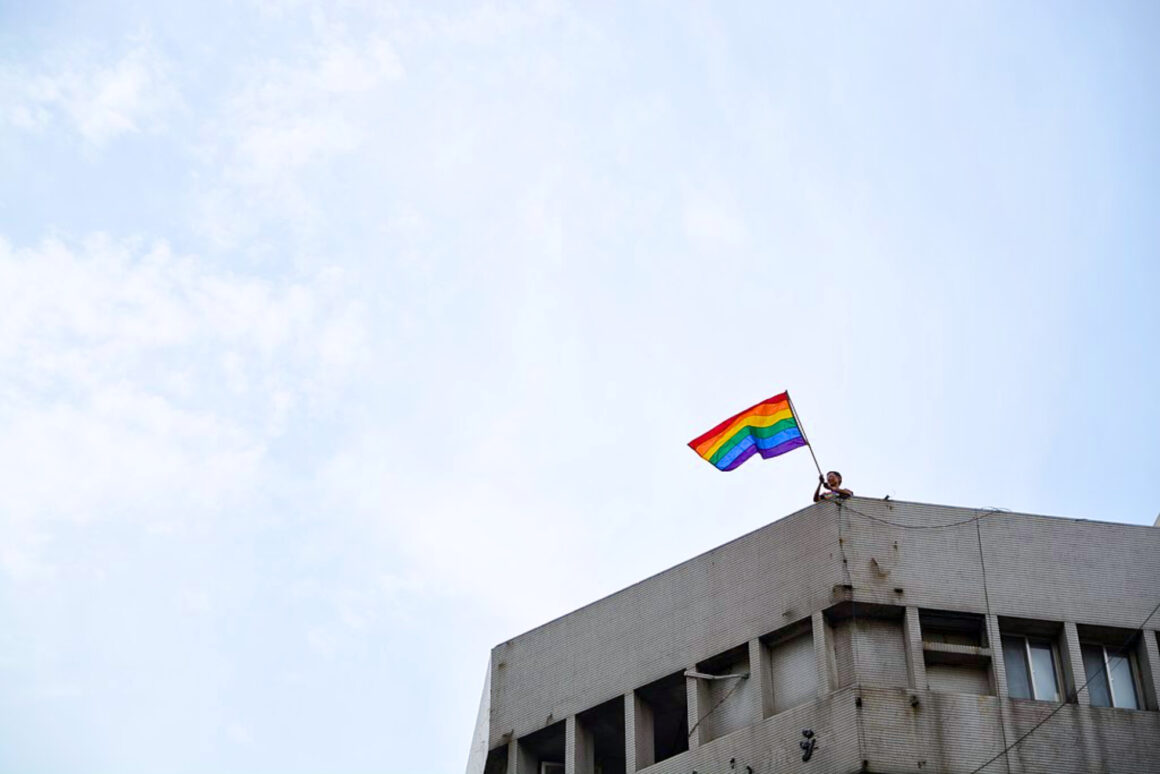
4. Celebrate Taiwan Pride with You Better Werq
Every October, Taipei turns into Asia’s capital of pride and creativity—and one of the highlights of the season is the International Drag Art Festival You Better Werq. Sponsored by the Taipei City Government’s Department of Information and Tourism, the event brings together leading drag performers from across the region for a night of art, music, and unapologetic self-expression. It’s not just a show—it’s a celebration of Asia’s growing drag culture and Taiwan’s role at its center.
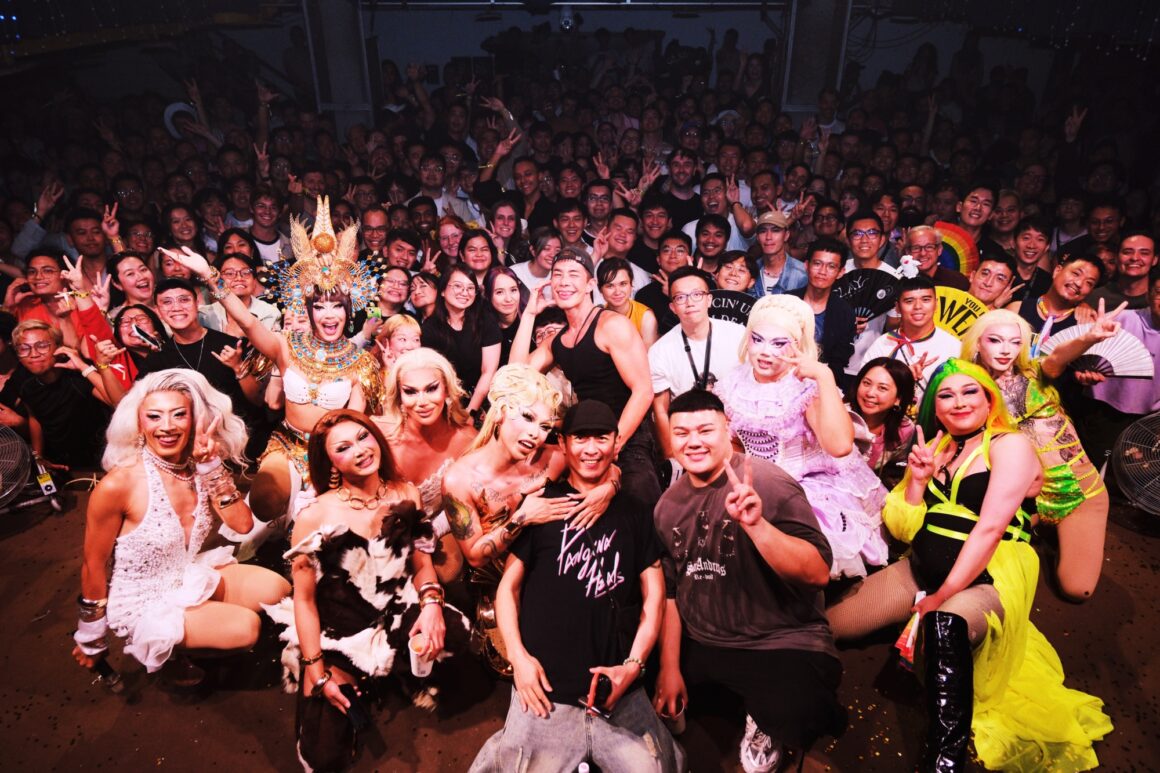
This year’s lineup featured Asia’s fiercest queens from Thailand 🇹🇭, the Philippines 🇵🇭, and Taiwan 🇹🇼, including Pangina Heals (Host of Drag Race Thailand / Drag Race UK vs. The World), Inty Fresh (Drag Race Philippines / Global All Stars), Eva Le Queen (Drag Race Philippines / Global All Stars), and Foriegras (ตับห่าน), winner of Thailand’s Drag Star 2025.
The result was nothing short of spectacular—a fusion of art, freedom, and cultural pride that captured the very essence of Taiwan’s openness. Stepping into the darkened venue, the anticipation was palpable. Audiences from around the world filled the space, their cheers and laughter creating a shared heartbeat of joy. In that moment, Taiwan didn’t just feel LGBTQ-friendly—it felt alive with belonging, a place where authenticity flourishes without fear.
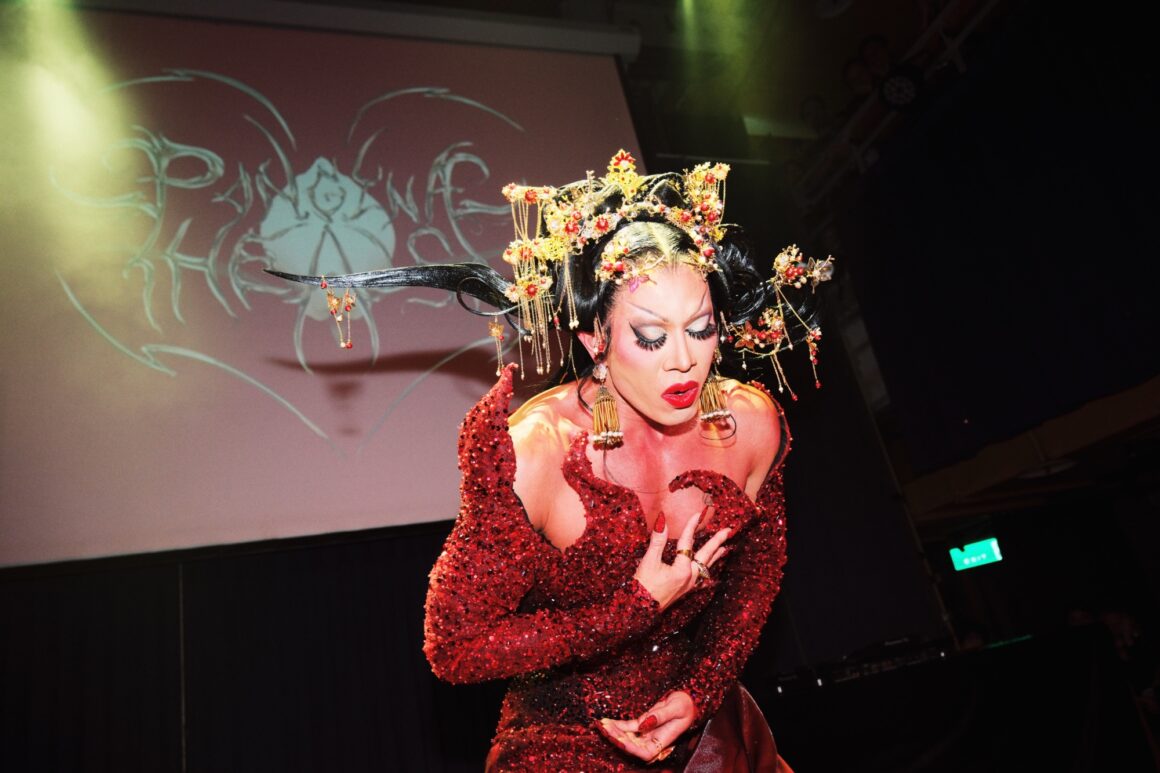
From soulful ballads that brought tears to powerhouse dance numbers that shook the floor, each performance told a story of resilience, identity, and hope. Some queens blended Thai classical movement and Chinese folklore, while others drew from Taiwan’s Indigenous heritage, turning the stage into a dazzling dialogue between cultures. Behind the glamour and glitter, drag revealed its deeper truth: the courage to live unapologetically.
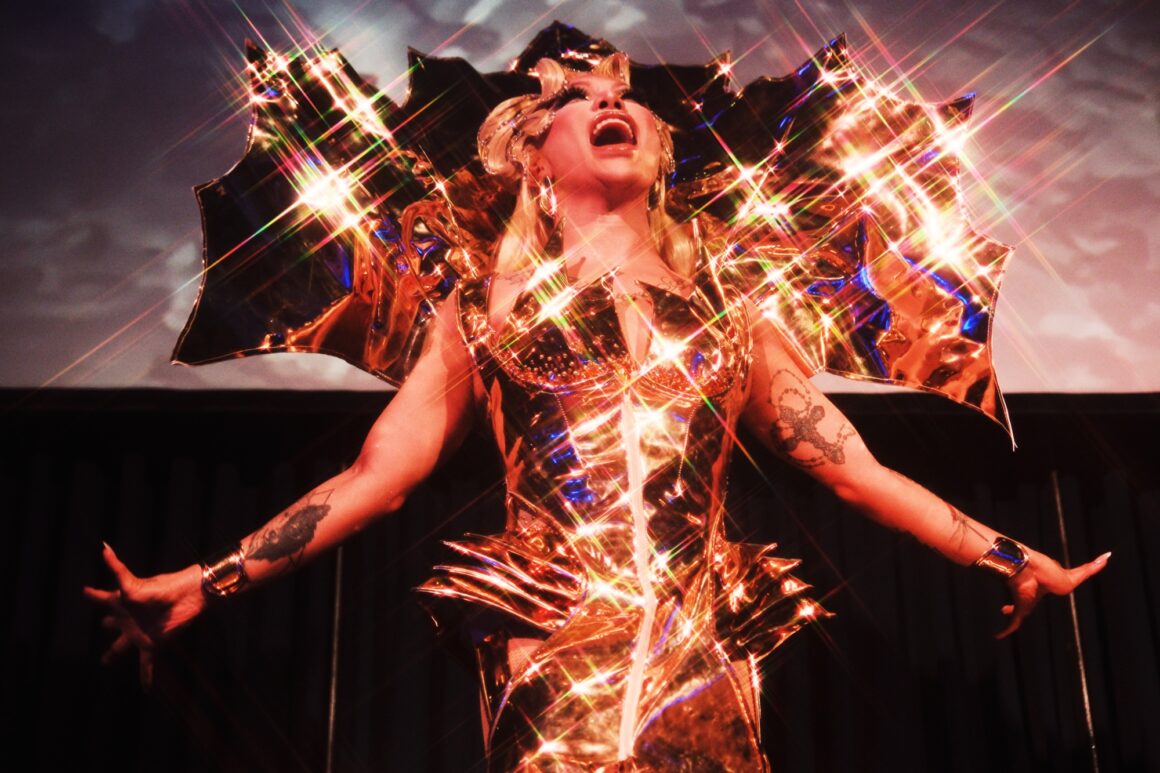
Attending You Better Werq was more than witnessing a show—it was experiencing Taiwan’s spirit at its purest. Here, Pride isn’t confined to the parade route; it spills into every creative space, every voice, every heart that chooses honesty over conformity. This is why Taiwan stands apart as Asia’s most inspiring LGBTQ destination—because it doesn’t just celebrate diversity; it embraces it with sincerity, artistry, and love.
